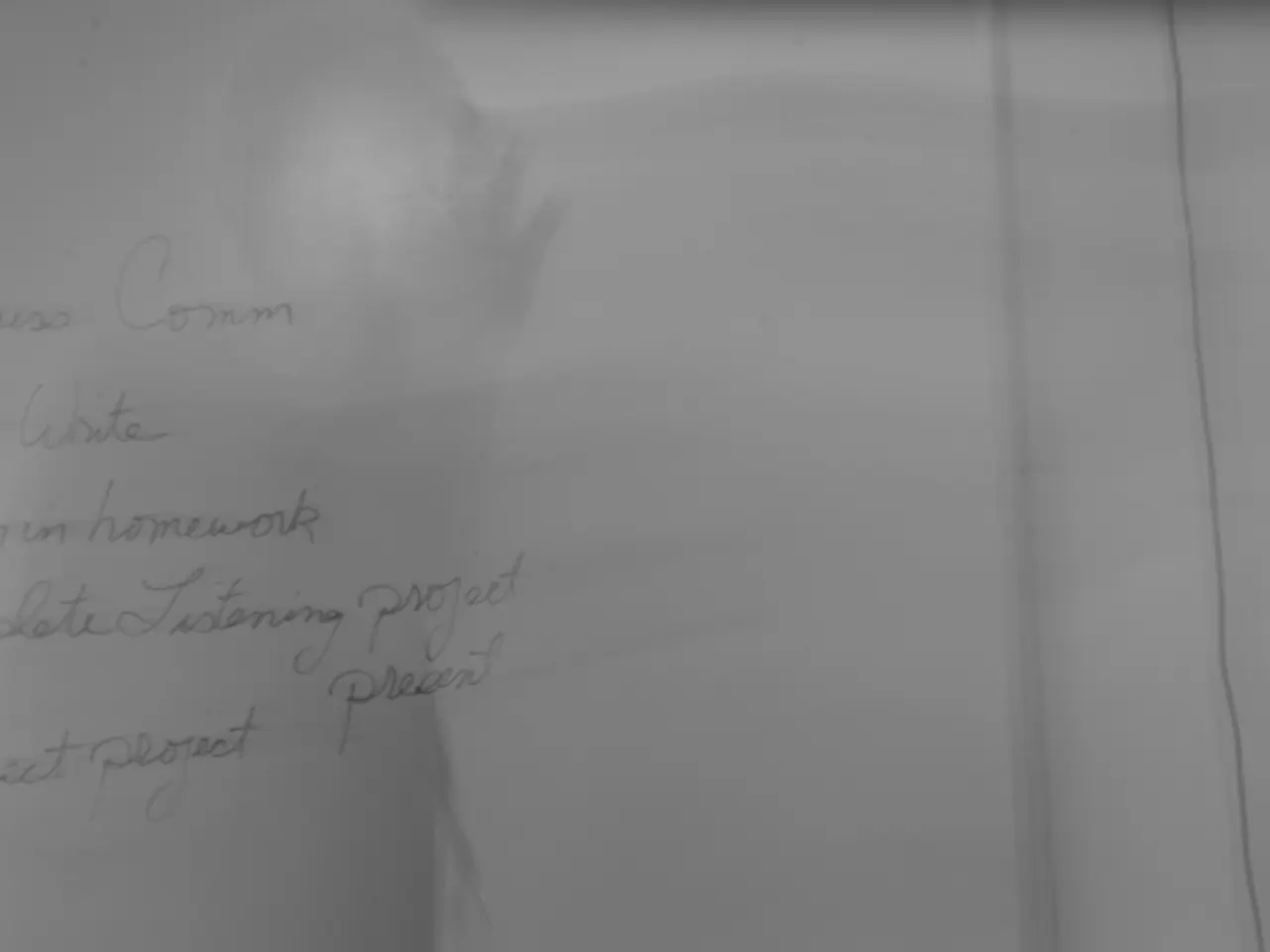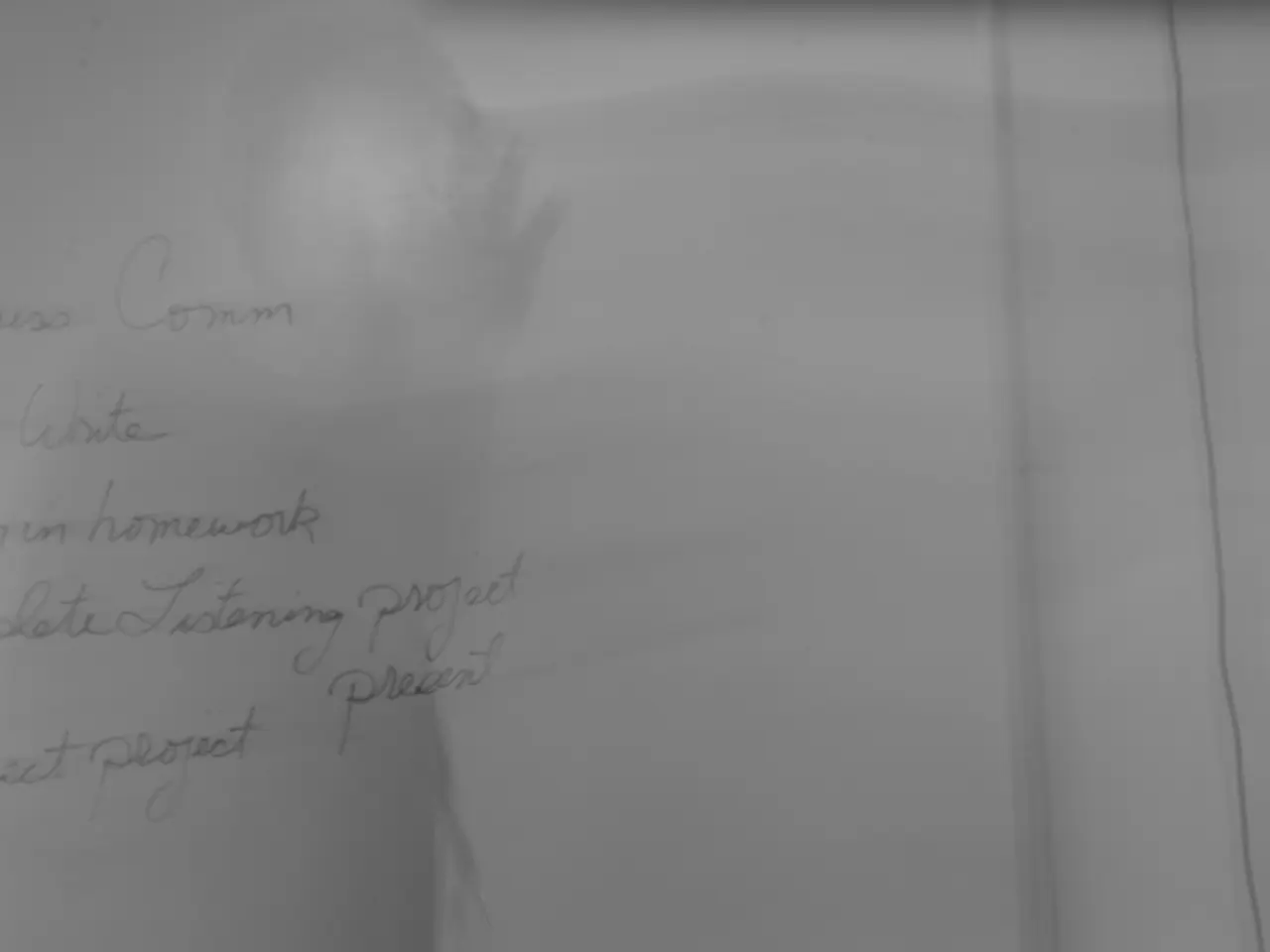German Parliament Discusses EU Policy and Water Shortage - German Parliament Discussing European Policies Amidst Drought Scenario
Bundestag Discusses Drought Impact and EU Policy
Germany's parliament, the Bundestag, is set to debate the consequences of the current drought on humans and the environment. This discussion, initiated by the Greens, comes as part of a broader agenda that includes a debate on the extension of Germany's participation in the UN peacekeeping mission KFOR in Kosovo.
In the course of the proceedings, MPs will deliberate on the drought's effects, a topic with relevance to European Policy and the Council of Europe. Although specific stances from the Bundestag are yet to be ascertained, it's worth noting how European and international policies approach drought-related challenges.
The European Union (EU) is actively engaged in mitigating and adapting to droughts as part of its climate policy. This policy emphasizes reducing greenhouse gas emissions and bolstering resilience to climate-related disasters. The EU's flagship initiative, the European Green Deal, seeks to render Europe climate-neutral by 2050. This goal includes measures to improve water management and minimize drought risks.
The Council of Europe, while primarily focusing on human rights and the rule of law, indirectly addresses drought through initiatives promoting sustainable development and environmental protection.
Germany, under its current coalition government, has reaffirmed its commitment to the Paris Climate Agreement and aims to become climate-neutral by 2045. This includes efforts to reduce carbon emissions and enhance resilience to climate-related impacts like droughts. Internationally, Germany's cooperation with global organizations is directed towards environmental issues, including climate change, aligning with broader European policies.
Economic policies in Germany under Chancellor Friedrich Merz prioritize economic growth and stability, which encompass measures to support sustainable development and environmental protection. While not specifically addressing drought, these policies contribute to a broader framework that fosters environmental resilience.
Apart from the Bundestag discussions, global initiatives like the World Food Programme's Sahel Climate Catastrophe Layer (SCCL) are being implemented to provide financial protection against extreme droughts. These initiatives reflect broader international strategies to mitigate drought impacts.
In the Bundestag's first reading, several drafts from the opposition will also be discussed. These include a Green proposal on fair rents, an AfD proposal on carbon pricing, and a Left proposal on animal welfare.
The discussions on European Policy, drought, and related initiatives illustrate the interconnectedness of global challenges and the need for comprehensive, coordinated responses. The upcoming Bundestag debate will provide insights into Germany's stance on these issues.
- The Bundestag's discussion on the drought's impact highlights the relevance of the European Union's climate policy, which concentrates on addressing drought-related challenges by reducing greenhouse gas emissions, reinforcing resilience to climate-related disasters, and improving water management.
- The Council of Europe, even though primarily concerned with human rights and the rule of law, contributes indirectly to drought mitigation through initiatives promoting sustainable development and environmental protection.
- Economic policies in Germany, under Chancellor Friedrich Merz, prioritize economic growth and stability while supporting sustainable development and environmental protection, thereby contributing to a broader framework that fosters environmental resilience, although not specifically addressing drought.








